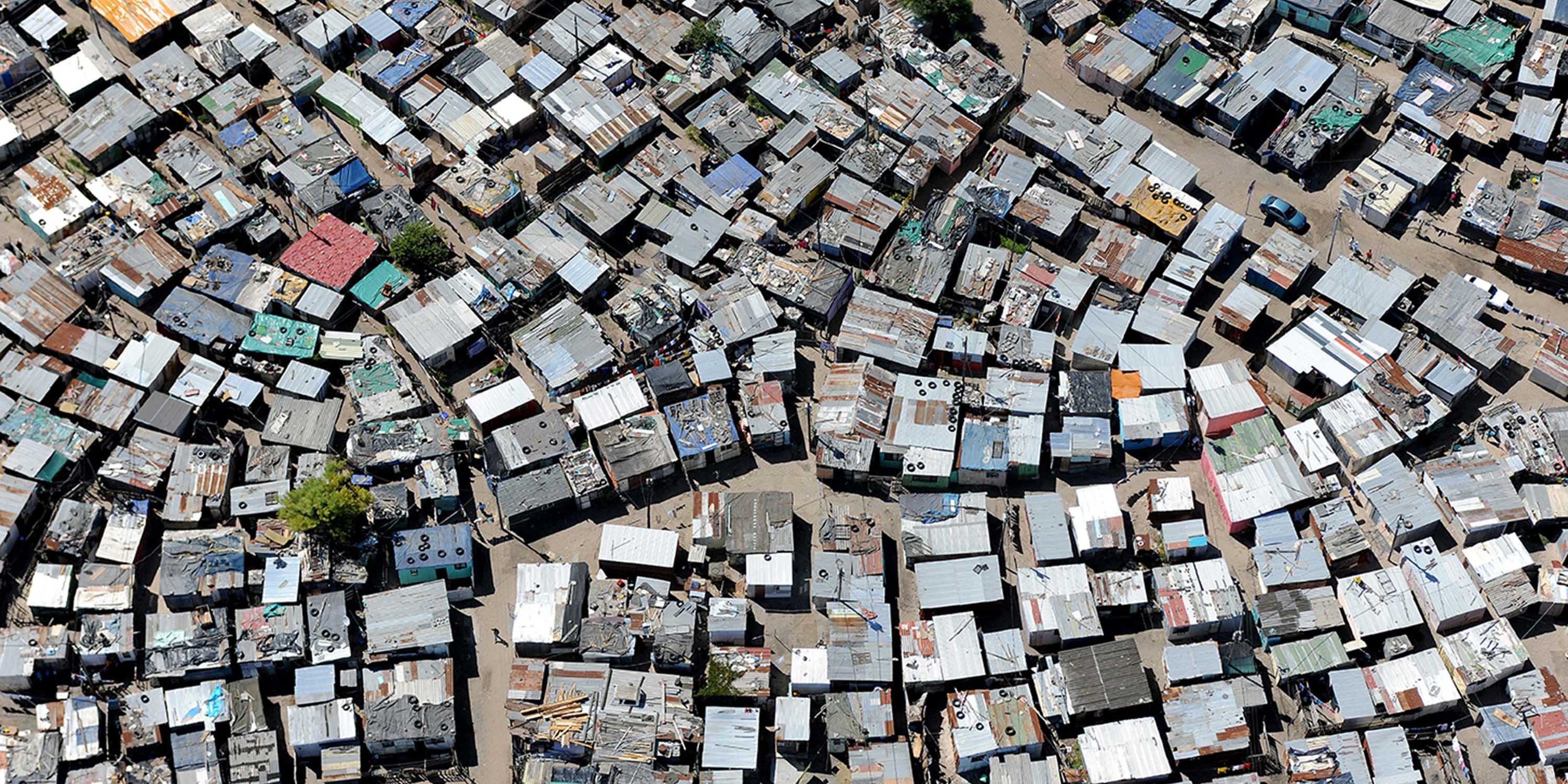
Swiss population wants to expand development cooperation
A representative survey conducted for the first time shows: the Swiss population is concerned about global poverty, advocates for its reduction — and calls for greater Swiss engagement.
ETH researchers conducted the first survey on the Swiss population’s attitude towards development cooperation at the end of 2021. Around 2,800 people took part. The results were published today. “With this survey, we want to make a contribution to public discussion and opinion-forming,” explains the co-director of the NADEL- Center for Development and Cooperation, Prof. Isabel Günther.
Support for greater Swiss engagement
More than half (55%) of respondents are in favor of increasing Switzerland’s public spending on development cooperation.
At the same time, most (80%) overestimate how much is currently spent. When it is revealed that CHF 350 to 400 per person (a total of CHF 3.3 billion) are allocated annually for development cooperation, 71% of respondents support an increase in public spending to reduce global inequality.
In addition to financial engagement, Swiss policies also have an impact on global poverty. “Tax policy, trade policy or climate policy can support or undermine Switzerland's international development cooperation,” says Dr. Fritz Brugger, co-leader of the study. The survey shows that the population also supports political measures that are associated with potential losses for the Swiss economy. For example, 70% of respondents would temporarily lift patent protections for Covid-19 vaccines in the interest of poorer countries. Measures to prevent human rights violations and environmental pollution by Swiss companies (90%), measures to put in place effective climate policy (76%), and prevent multinational companies from shifting profits from low- and middle-income countries to Switzerland for tax reasons (74%) are also seen as important in the fight against global poverty.
Swiss population concerned about global poverty
According to the survey, 70% of respondents are concerned about the severity of global poverty. They overestimate the global income situation. Only one in four respondents is aware that more than 60% of the world’s population lives on less than $10 per day. For this reason, people are often unaware of their own position in the global income distribution: Only one in ten people surveyed stated that they themselves belonged to the richest ten percent of the world’s population; in fact, however, 60% of people living in Switzerland belong to this population group, when adjusting for purchasing power.
On the other hand, progress in the fight against extreme poverty is underestimated by 97% of respondents. The number of people living on less than $2 per day has fallen by more than half in the last two decades. “Today, fewer than 800 million people live in extreme poverty, compared to more than 1.6 billion in 2000,” says Prof. Isabel Günther.
The survey also shows: Respondents obtain information on global inequality primarily from the media. School education was cited by only one in ten people. A third of respondents said they would like to be better informed about living conditions in other parts of the world.
High level of private engagement
The respondents not only express a high level of support for Switzerland's development cooperation, they also rate multilateral organizations, such as the UN, the WHO and the World Bank, as particularly effective in the fight against poverty. And they are privately committed: Donations to organizations that work to combat global poverty are widespread (36%), as is giving up certain products (53%). By comparison, in neighboring Germany and France, only about 20% of the population donate to these causes or do without products. Less than 20% of respondents in Switzerland said they had not addressed the issue of global poverty and inequality in 2021. In other rich countries, the figure was around 30%.
Survey will be conducted annually
The survey complements the three existing annual Swiss ETH surveys: Swiss Study Security (CSS/Milak), Swiss Environmental Panel (ISTP/BAFU) and Swiss Mobility Panel (ISTP). The Swiss Panel Global Cooperation survey will be conducted annually until 2030: The UN Global Sustainable Development Goals should also be achieved by then. Switzerland committed to these goals in 2015 and made them the basis for its “Sustainable Development 2030” strategy.
Contact
ETH Zurich
NADEL – Center for Development and Cooperation
Comments
No comments yet